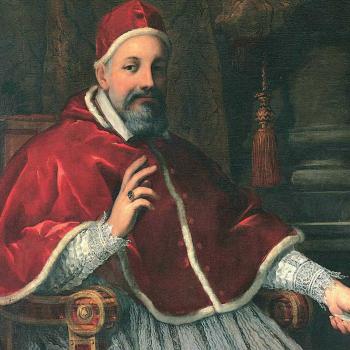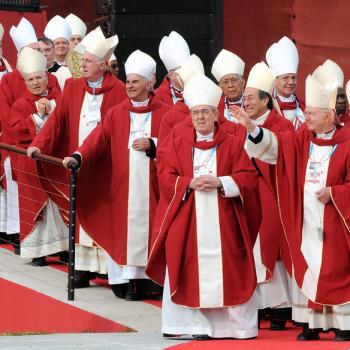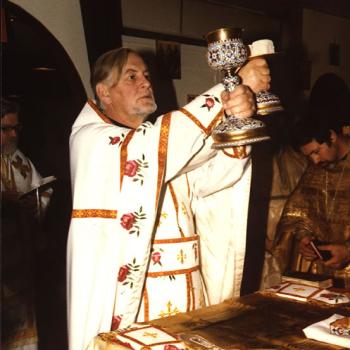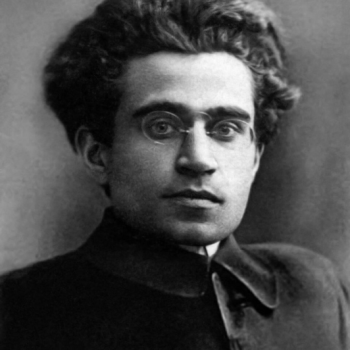#1. Augustine, Confessions (c. 398)
#2. Thomas Aquinas, Summa Theologiae (1265–1274)
#3. John Calvin, Institutes of the Christian Religion (1536)
#4. Augustine, City of God (413–426)
#5. Martin Luther, 95 Theses (1517)
#6. John Bunyan, Pilgrim’s Progress (1678)
#7. The Nicene Creed (325, revised 381)
#8. C. S. Lewis, Mere Christianity (1952)
#9. Athanasius, On the Incarnation (c. 319)
#10. Thomas à Kempis, The Imitation of Christ (c. 1418–1427)
#11. Benedict, Rule (c. 540s)
#12. The Book of Common Prayer (1549)
#13. Dietrich Bonhoeffer, The Cost of Discipleship (1937)
#14. Martin Luther, Freedom of a Christian (1520)
#15. Karl Barth, Church Dogmatics (1932–1967)
#16. Dante Alighieri, The Divine Comedy (c. 1308–1320)
#17. Anselm, Why God Became Man (c. 1095–1098)
#18. Augustine, On Christian Teaching (397–426)
#19. Augustine, On the Trinity (c. 400–428)
#20. Westminster Confession (1646)
#21. Irenaeus, Against Heresies (c. 175–185)
#22. John Wesley, A Plain Account of Christian Perfection (1777)
#23. Jonathan Edwards, Religious Affections (1746)
#24. Pope Gregory I, Pastoral Rule (c. 591)
#25. Martin Luther, Lectures on Romans (c. 1515–1516)
Go here for several articles on the list and why these titles were included and others were not.
This is a pretty good list. It’s arguably heavy on Reformed sources, but read the justifications. Luther’s Freedom of a Christian and Lectures on Romans are indeed among his very best works and are well worth reading by all Christians. Can you think of other classics that might be included?
















